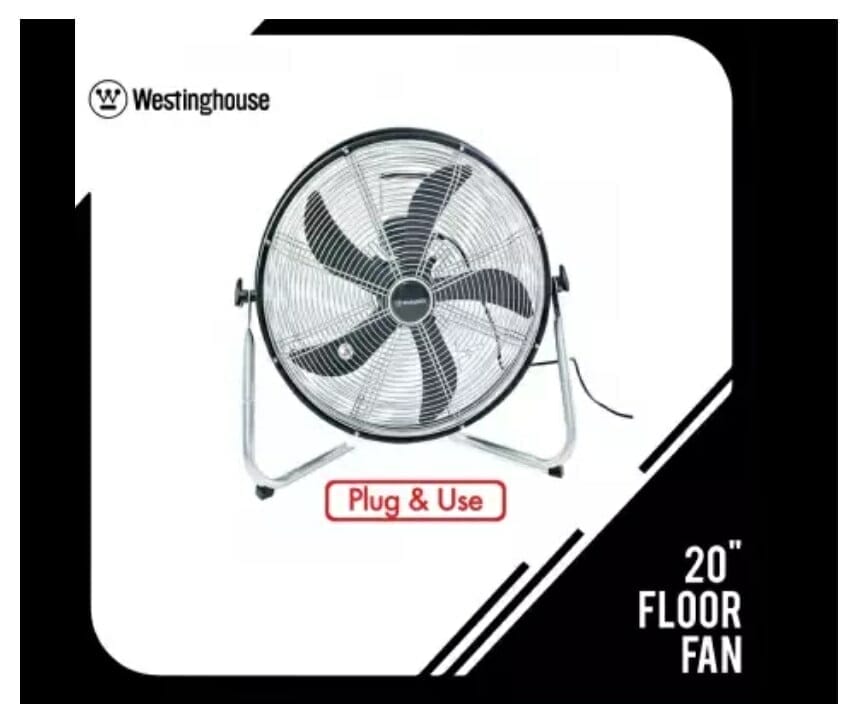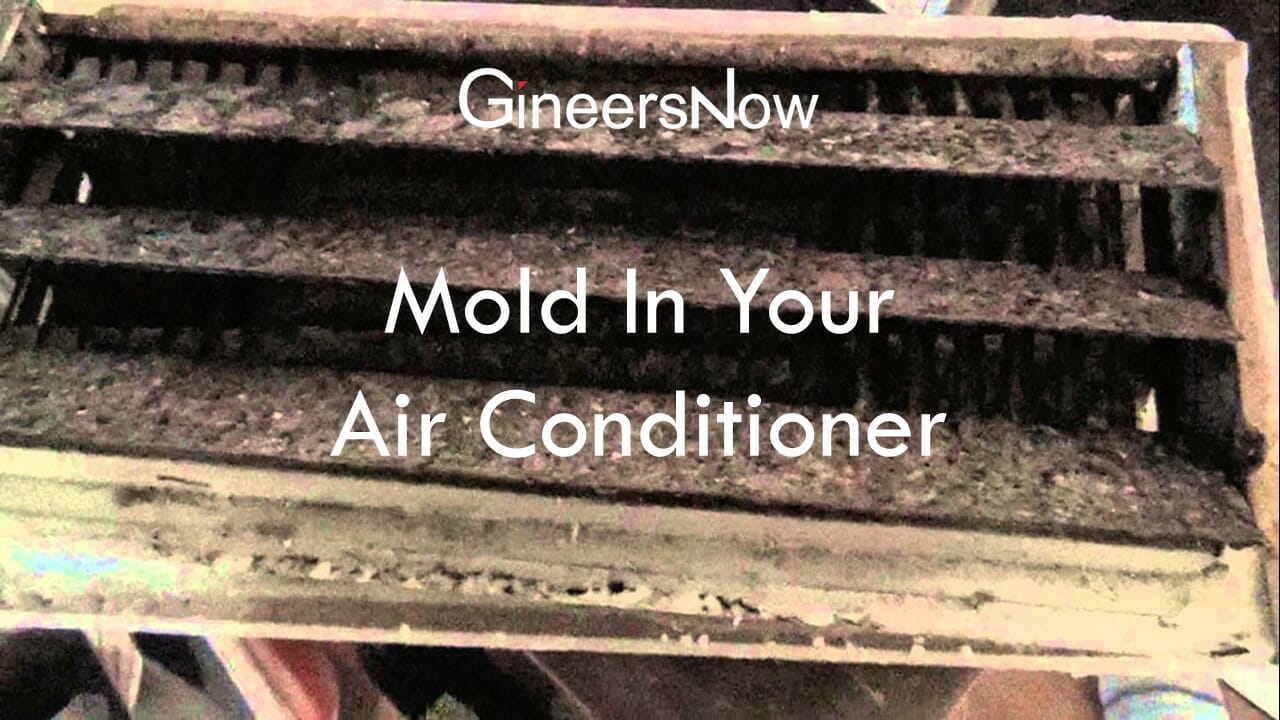Here’s a comprehensive study about UK boiler breakdown from 2019 to 2023.
In 2016, one in five homes in the UK suffered a boiler breakdown. With this information in mind, Boiler Guide recently conducted a study into boiler breakdowns and where they are most likely to happen.
They analysed over 10 years of data on boiler breakdowns to provide some incredible insight into the state of boiler repair in the UK. If you feel like your boiler is always on the blink, or if you wonder why you’ve been strangely blessed with a fully functioning boiler, this study might shed some light on your situation.
Before we delve into the data, it’s important to understand how the data has been processed. Since some areas in the UK are more densely populated, it wouldn’t be accurate to offer direct comparisons. This is why the data has been combined with information about the number of households in each region, gathered from the Office for National Statistics. This allows us to see how many boiler call-outs were made as a percentage of the population in that area.

Where are boilers most likely to break down in the UK?
You might be surprised to learn that it isn’t the coldest places in the country.
- The most popular area in the UK for boiler breakdowns was London. Around 6.1% of boilers in London are predicted to have broken down between 2009 and 2019.
- This was closely followed by the West Midlands, where 6% of boilers are predicted to have broken down.
- The third worst place for boiler breakdowns was the North East, where 5.6% of boilers were predicted to have broken down in the same time period.
Where are boilers least likely to have broken down?
Good news for those living in Yorkshire and the Humber, Scotland and the Northwest. These chilly regions had the fewest boiler breakdowns. There were just 4.27% in Yorkshire, 4.28% in Scotland and 4.79% in the North West.
Most people would assume that properties in the North would have more boiler breakdowns. After all, the winters are colder and people in these regions are more likely to crank up their heating. But as you can see from the data, this isn’t the case. So, why are there more breakdowns in London than anywhere else?

We know that it has nothing to do with population density, as this was taken into consideration when standardising the data.
We have a few theories to account for this interesting discovery.
- The age of the properties could have something to do with the number of breakdowns. Older properties with old central heating systems are more likely to break down than newer ones. There are plenty of listed buildings in London, and listed status makes it more difficult to update heating systems.
- Average higher temperatures could also have something to do with it. Leaving your boiler inactive for long periods of time can lead to system blockages which require repairs.
- The number of rental properties in the area could also be a cause. Private rented accommodation is more common in London than anywhere else in the UK. Landlords failing to keep their heating systems in working order, a large turnover in tenants, and tenants not knowing how to fix simple problems could all lead to a higher number of breakdowns.

Does renting really make a difference?
While a high number of rental properties might account for the number of breakdowns in London, the same doesn’t follow for the other regions. In fact, the North East has the second lowest percentage of homeowners and the second highest percentage of boiler breakdowns.
| UK Region | Percentage of Homeowners (including outright owners and mortgage payers) |
| London | 37.2% |
| North East | 51.8% |
| West Midlands | 53.8% |
| Yorkshire | 54.4% |
| East Midlands | 55.2% |
| Wales | 55.2% |
| Scotland | 55.2% |
| South West | 55.5% |
| North West | 55.5% |
| South East | 57.4% |
| UK average | 52.8% |
As you can see in the table above, Yorkshire has a low percentage of homeowners, but they also have a smaller percentage of boiler breakdowns.
It’s clear that a number of factors are at play here. In Scotland, Yorkshire and the North West, temperatures will be colder in the winter. Homes in these northern regions may also rely on their central heating for longer periods throughout the year. Economic factors could also play a role in the number of boiler call outs made.
A 2018 report from the BBC revealed that the towns and cities with the lowest average wages were in Yorkshire and the North West of England. This could mean that households with lower disposable income are less likely to submit a repair enquiry than those in more affluent regions. Households in the North of England and Scotland might be more willing to ignore small problems for longer.

What time of year do most breakdowns occur?
You might not be too surprised to learn that the bulk of boiler repair call outs happen in the winter.
- The busiest month for boiler repairs is January, when 15.56% of breakdowns happen.
- The second busiest month is December, with 12.01% of breakdowns.
- The quietest month is July, where only 3.8% of breakdowns happen.
The demand for new boilers is at its lowest between March and October. This might not come as a surprise to you, but there are still lessons we can learn from this information. If you want to avoid a boiler breakdown, then using this hard data to your advantage should be a priority.

Why are boilers most likely to break down in January?
There are two main reasons that your boiler is more likely to break down in January.
- By January, you will be using your boiler on a daily basis and it will have to work a lot harder to be able to do the same job. If you have ignored or missed small problems running up to this point, January is the time when you are most likely see those small problems turn into big problems.
- The freezing outside temperatures can cause problems for your boiler. Frozen pipes, including a frozen condensate pipe can cause your boiler to shut down.

How can I avoid a winter boiler breakdown?
No one wants to endure a cold home during the winter. With this in mind, there are a few steps you can take to keep your boiler in good working order. The first is to arrange an annual service from a Gas Safe engineer. This will help to identify any small issues with your boiler that could soon turn into bigger problems. If you have home and boiler care cover from YourRepair, this will be included in your annual plan so you will be less likely to forget. Besides this simple step, there are a few other things you can do to help keep your boiler running efficiently throughout the winter months.
- Insulate your pipes. A frozen condensate pipe can stop your boiler from working. This is the pipe that runs outside your home. Make sure that this pipe is insulated by wrapping it in inexpensive pipe insulation. You can thaw out pipes using hot water from the kettle or by a hot water bottle if you suspect this is an issue.
- Check your boiler throughout winter. There are some simple checks you can do that will help you to spot issues before they cause a breakdown. Check that your boiler pressure is between 1 and 2 bars. Learn to spot a healthy pilot light (it should be bright blue, not yellow or orange). And finally, learn how to bleed your radiators so that they work more efficiently.
- Turn your heating on occasionally during the summer. It might seem like a waste of money to have your heating on when the weather is mild, but it could save you a lot of money. An inactive heating system can lead to blockages. Keep the water flowing by turning on your heating for about 15 minutes once a month throughout the summer.

Simply learning more about your boiler and discovering what is normal and what isn’t normal can be very helpful. You will soon be able to identify issues and decide if you can fix it yourself or if you need to call a professional.
Top signs your boiler needs replacing
Every boiler has a shelf life, and deciding when to replace rather than keep repairing can be difficult. It’s always best to replace a boiler before it completely gives out. If you wait until your boiler completely breaks, you could be left without hot water or heating during the coldest months of the year. Not to mention, it might be more difficult to secure a replacement in the winter as demand will be so high.
An inefficient boiler will also be more expensive to run and will be less effective. This means that you could be spending a lot of money to sit in a cold and uncomfortable home. The costs will also multiply if you have to keep paying for repairs that only offer a temporary solution.
If you are wondering if your faulty boiler has had enough, look out for these signs:
- It’s always breaking down
- It turns off and on without warning
- Your heating bills are creeping up without any changes to your habits
- Your boiler if over 12 years old. If your Gas Safe engineer struggles to find the parts for your boiler, it could be too old to repair
- The pilot light has stopped burning bright blue. If the pilot light of orange or yellow, this is a sign that it is producing carbon monoxide. This is a dangerous, odourless gas which can be deadly. If you suspect a gas leak or a carbon monoxide leak, turn off your boiler and call the Gas Emergency Line on 0800 111 999

When should I get my boiler replaced?
If you wait until the winter when your boiler is more likely to break down, you could struggle to find an engineer with the time to replace your boiler. Instead, you should book your boiler replacement for March to October. There are a few reasons for this:
- Summer is the time of year when heating engineers are the least busy and will have the time to dedicate to your boiler replacement. They may also offer a very competitive deal on your boiler replacement.
- Having your boiler replaced in the summer means that you won’t miss having the central heating on. Going without hot water and heating in the winter can be very difficult, but in the summer, you might not notice the inconvenience as much.
- Getting your boiler fixed ahead of winter will give you peace of mind that you will have a warm and cozy winter coming up.










